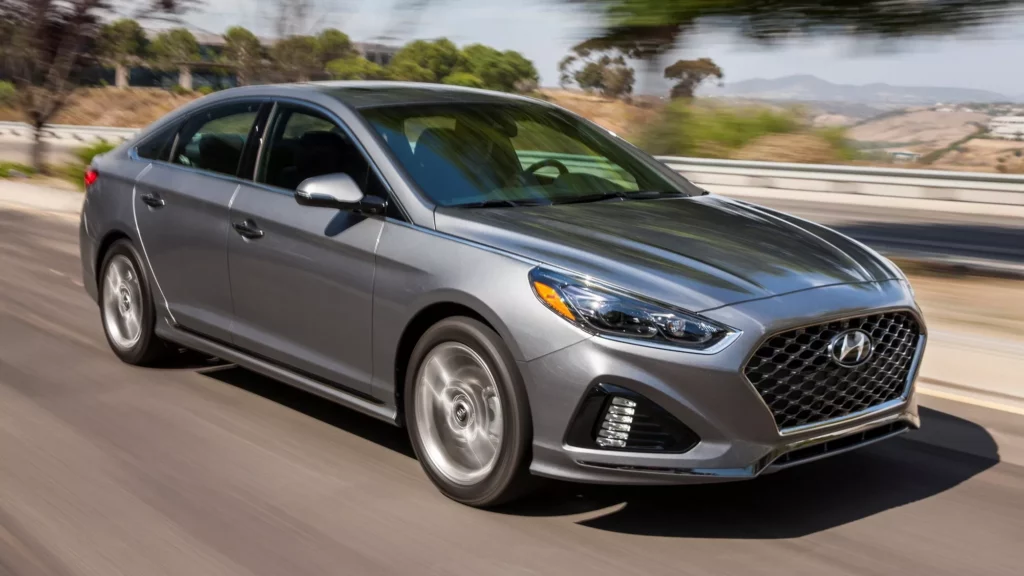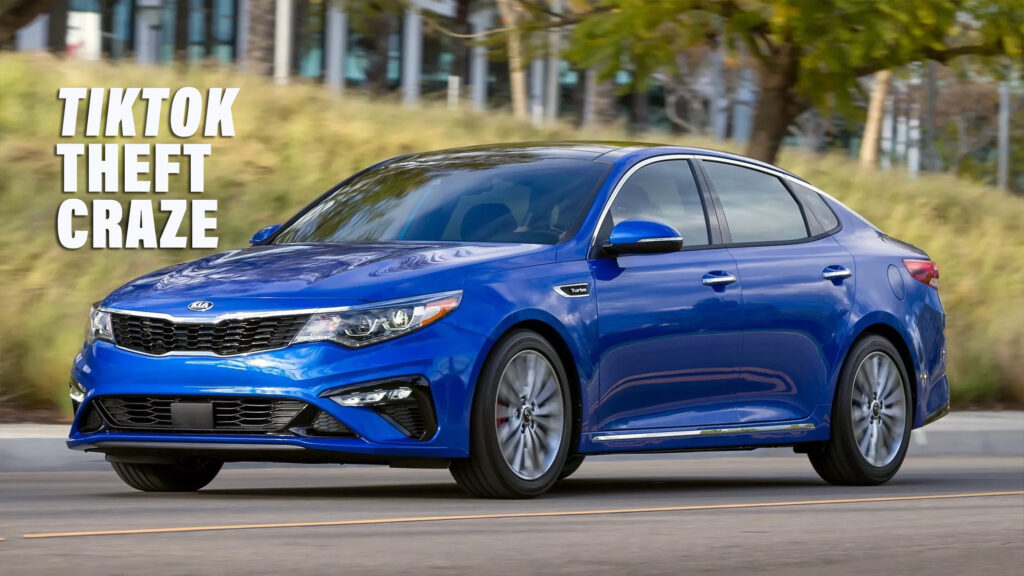Remember when Hyundai and Kia models were being spirited away left, right, and center from outside owners’ houses due to a TikTok-inspired theft epidemic? The scandal might have disappeared from news feeds, but American insurers certainly haven’t forgotten. They’re determined to hold the automakers accountable for the losses they incurred and thanks to a recent judge’s decision they’re now getting their day in court.
U.S. District Judge James Selna this week rejected efforts from Kia and Hyundai to dismiss litigation by hundreds of insurers who want to claw back over $1 billion they say they owe to drivers affected by the theft craze. The judge dismissed the automakers’ arguments that it was unfair to allow the insurers to recover costs because they had collected premiums and assumed theft risks.
Judge Selna of Santa Ana, California found sufficient arguments that the lack of adequate anti-theft technology on more than 14 million Kia and Hyundai cars built between 2011 and 2022 meant that the theft problem could have been predicted, and dismissed the automaker’s counter arguments, Reuters reports.
“Though (the insurers) have received premiums, defendants allegedly failed to include any anti-theft device as required under federal regulations,” Selna wrote. “Thus, the level of fault is almost entirely on the defendants.”
Related: California, New York And 15 Other States Call For Recall Of Hyundai And Kia Cars Over Rampant Thefts

Kia and Hyundai had failed to equip their cars with electronic immobilizers, and simple instructional videos showing how vehicles could be stolen spread like wildfire through social media, inspiring legions of copycat car thieves. The automakers were forced to hand out old-fashioned, low-tech, physical anti-theft devices to drivers who were increasingly scared to leave their cars parked in the open, but have since installed anti-theft software on more than a million used vehicles. However, there have been reports of cars being stolen even after receiving a software security update.
Judge Selna has already granted preliminary approval to a class action settlement with the affected car brands that covers more than 9,000 vehicles. The automakers face handing over $200 million in that case, with up to $145 million of the award going to the drivers.




